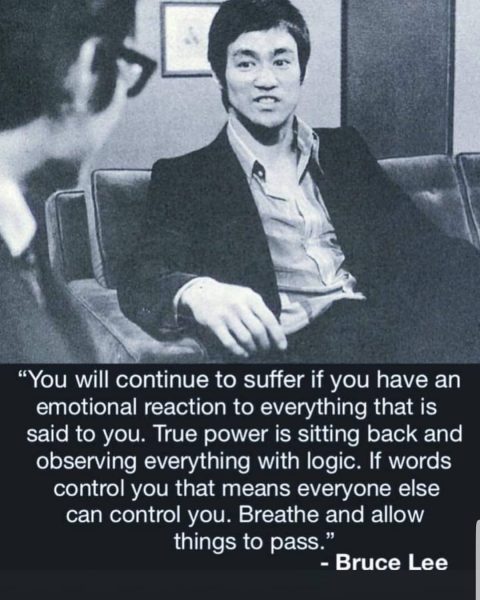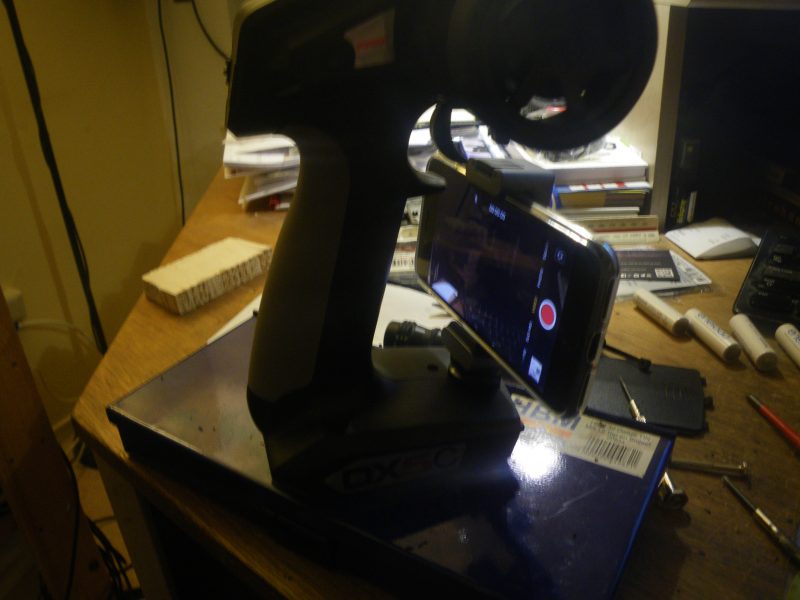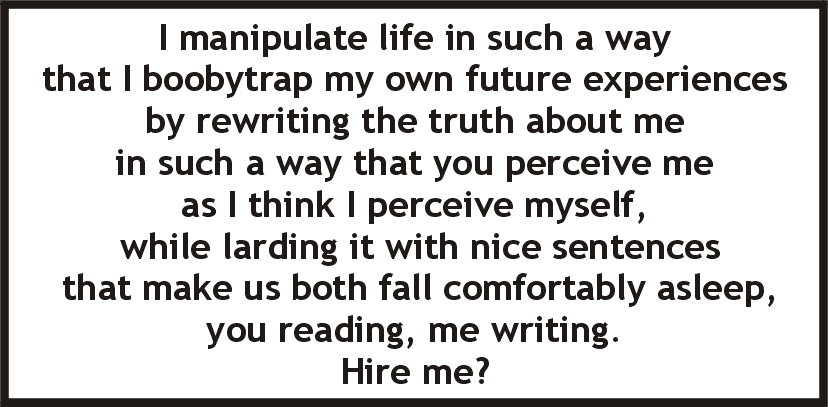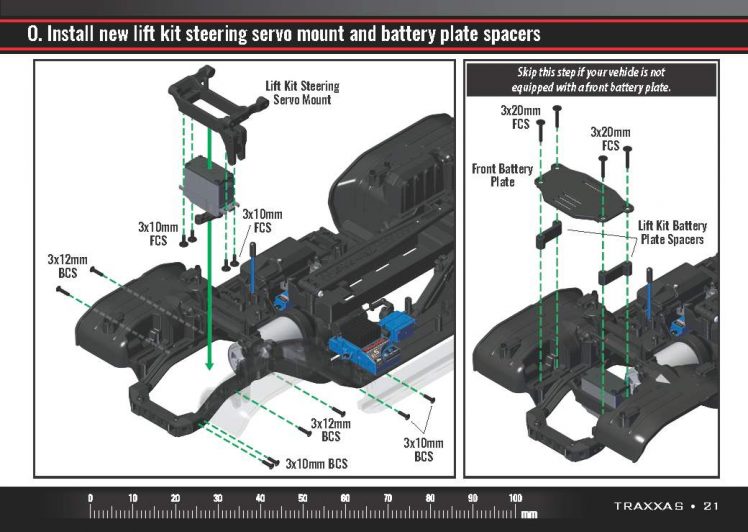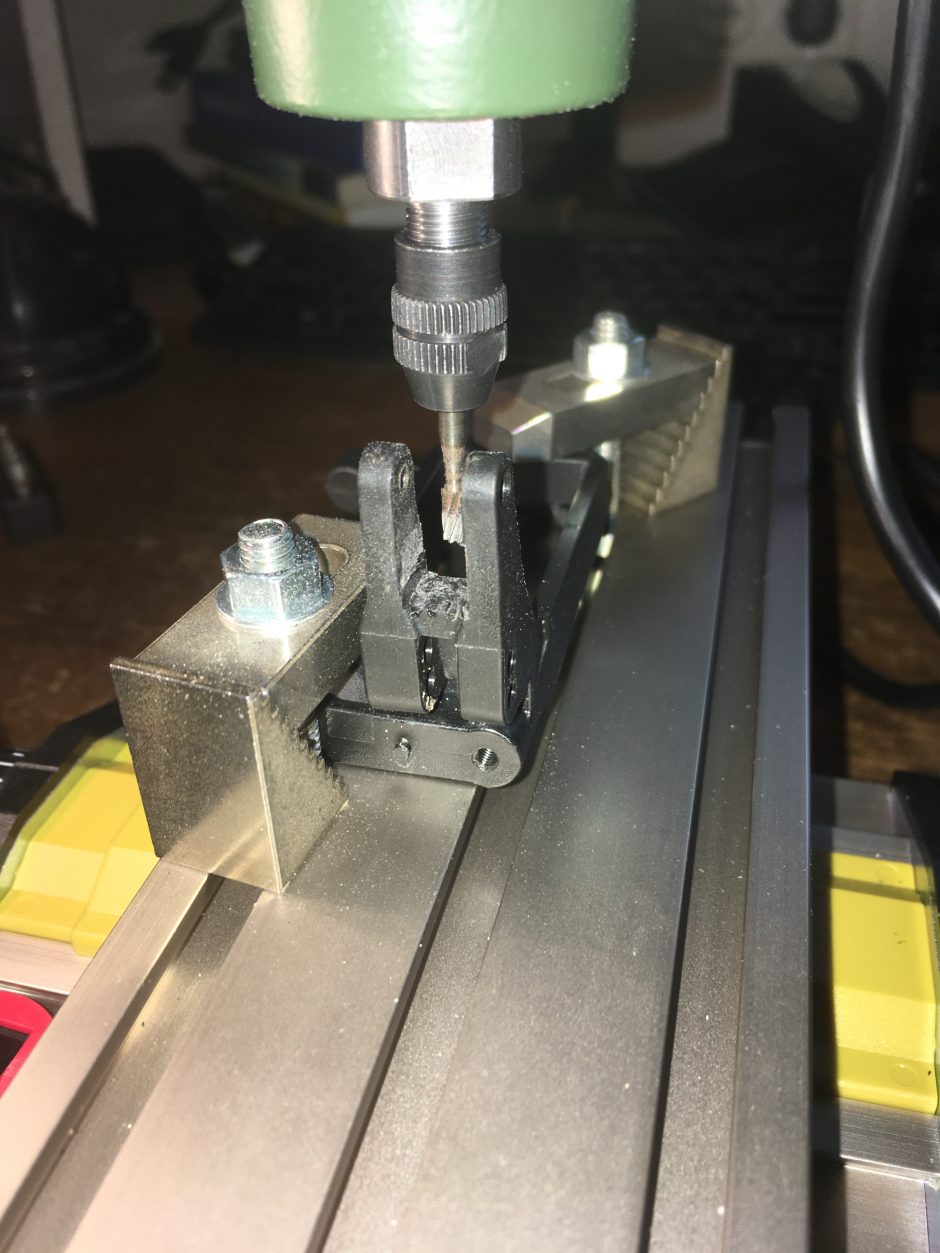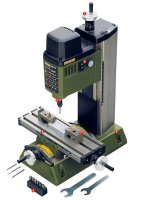The Personality Has Nothing to Do with the Life.
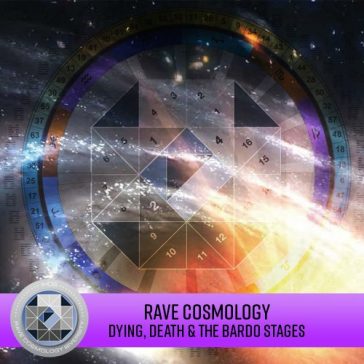
“The body doesn’t care about you. Your vehicle doesn’t care about you. Your brain doesn’t care about you, that you think you think you are. It doesn’t. It’s living out a very, very deep, programmed, mechanical process that has a beginning, a middle and an end. You just happen to be a by-product of all of that, nothing more, nothing less. Left on the outside, not even allowed to enter the body, can you imagine.
Think about it. This illusion we have about soul, think about it. There you are in the womb just this perfect mechanical flesh bag; it’s perfect, this bio-mechanism, no Personality crystal, just the Design, just the Monopole. They build these machines, they run them, they drive them, and they kill them.
Then you have that moment, that moment where the Personality is going to be called in. But it’s not called in; it’s yanked into the orbit of the vehicle. That’s all.
It’s my joke when people ask me why I wear hats. It’s to keep my Personality crystal warm. It doesn’t even get to be in the body. Then you think that who you think you are runs your show. It’s hilarious. It’s sad; actually, it’s tragic comedy. It really is. There is the Personality stuck on the outside, don’t even let it in. And it’s the form that offers you those little aspects that you call Personality activations. It’s the form that creates that potential. It’s the form principle that sets the moment for bringing you in that is going to set the moment of your birth. It’s all fixed. It’s all a game. And the Personality sits on the outside. And it thinks that it is dying, and it’s not. It was never part of it anyway.
That’s the thing to really grasp. The Personality really has nothing to do with the life; nothing at all. It’s just a seduction to be pulled into the illusion; it’s just an illusion. It’s just the limitation of the primitiveness of the brainpan that we have, that this is the way that it functions. The illusion that we have that this is our vehicle, that this is our life. But in death the joke is revealed. In death the Design doesn’t even turn around and say good-bye to the Personality. It shows it its rear and the door, and that’s it, it doesn’t care.”
-Ra Uru Hu, RAVE COSMOLOGY: SEMESTER 3, Dying, Death and the Bardo Stages, LESSON TEN, Buddha’s Dream or How the Wheel Stops Turning
Read more
